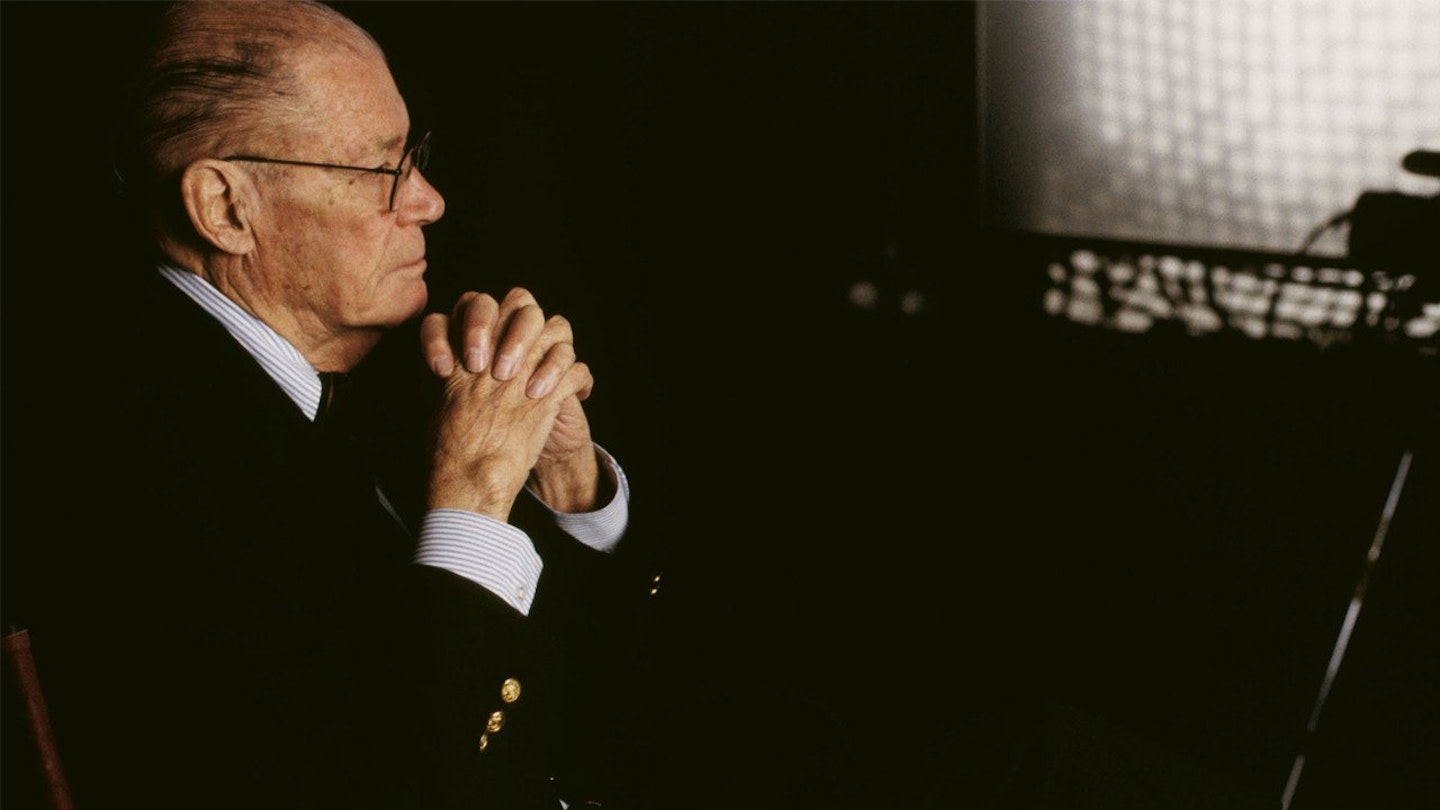Get ready for the unlikeliest documentary duo since Charlton Heston turned up in that other critically-acclaimed, box office-busting reality show, Bowling For Columbine.
Behind the camera is Errol Morris, the filmmaker whose extraordinary body of work (including The Thin Blue Line, which led to the release of a wrongly-convicted man on Death Row) effectively makes him the father of the modern documentary. In front is Robert S. McNamara, the former US Secretary Of State who was one of the architects and - publically at least - advocates of America's involvement in the Vietnam War, which led to the deaths of 47,378 American soldiers and more than two million North Vietnamese. In World War II, he was also part of the strategy team that advocated the firebombing of 67 Japanese cities - killing 1.9 million civilians - and now admits that, had the Allies lost, he would have been tried as a war criminal.
The format is typical of Morris' less-is-more approach: much of the running time has McNamara talking directly to the camera, with Morris' occasional interjection. But the private-detective-turned-documentary-maker has also unearthed some extraordinary archive footage and - more crucially for the former Defence Secretary's own defence - recently released White House tapes that substantiate McNamara's claims that he expressed early reservations about America's involvement in Vietnam - views for which he was eventually fired.
Morris has said he came to bury McNamara, not to praise him, but the sleek-faced politico - with the nails-on-a-blackboard voice - is as crafty now as when he was the most hated man in America, and he's not about to be snared by any of Morris' traps. (In one attempt to break through McNamara's reticence, Morris calls out, "Is it the feeling that you are damned if you do and damned if you donÆt?" to which the wily McNamara responds, "Yeah, that's right - and I'd rather be damned if I don't").
There's an argument that, at a certain age and decrepitude, even the most sinister individuals become sympathetic, or at least pathetic. But however you see McNamara - misguided, misunderstood or mass murderer - the film's status as must-see documentary of the year is indisputable.
